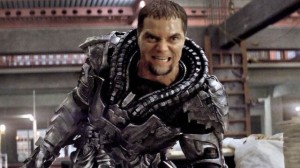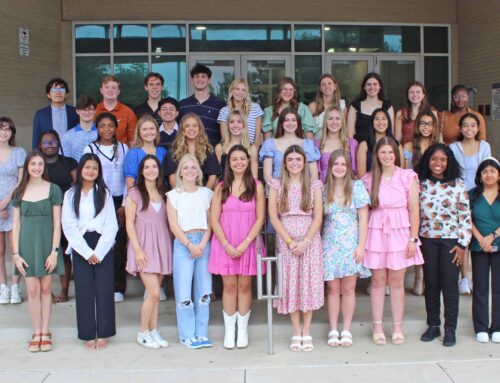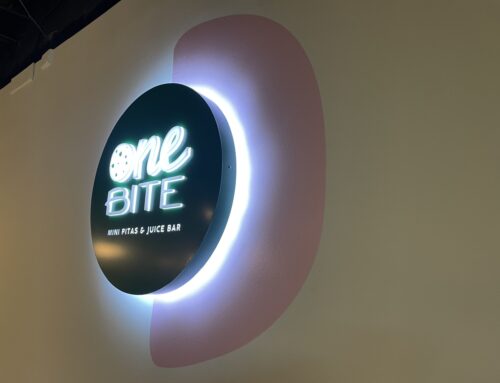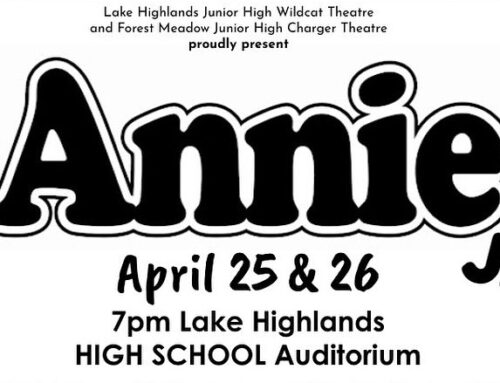Aside from the Batman franchise, Warner Bros. has been behind the curve in developing a cinematic universe for their own superheroes; the owners of scores of fan-favorite characters, they’ve developed little else recent years beyond the misfire Green Lantern and a rejected pilot for a Wonder Woman TV series. Although Man of Steel falters in the final reel, it raises the stakes and fires a very loud shot across the bow of Marvel Studios. Directed by Zack Snyder (Watchmen) under the guiding hand of Christopher Nolan (the recent Batman trilogy) and co-writer David Goyer, it defies the conventional wisdom that reboots are a waste of time and that origin stories never amount to more than ponderous info dumps, delivering a comic book movie that has more emotional depth than others of its ilk.
Man of Steel follows in the footsteps of the 1986 comic book miniseries of the same name, stripping the character’s mythos down to its core components building him back up, resetting continuity, and focusing more on the man behind the cape and blue tights. Nolan’s influences can be felt large, and calling it Superman Begins wouldn’t be inaccurate.
In an opening prologue reminiscent of an issue of Heavy Metal, Jor-El (Russell Crowe, a self-styled Marlon Brando now more than ever) and his wife Lara (Ayelet Zurer) give birth to their son, Kal-El, an event made significant in that this is the first natural birth of a child in centuries on Krypton, a planet whose inhabitants are genetically engineered for specific societal roles, and developed and birthed artificially. For Jor-El, this is a sign of hope for a stagnant people on a planet dying from environmental collapse; for would-be dictator General Zod (Michael Shannon), it’s heresy.
Kal-El is, as we all know, launched into space as Krypton dies, eventually landing in Kansas, where he’s raised on farm as Clark Kent (Henry Cavill), the son of Jonathan (Kevin Costner) and Martha (Diane Lane). His is a troubled childhood: When his unusual abilities begin to manifest it is traumatic at first. The Kents teach him to control his powers, as well as to conceal them so as to avoid hurting anyone — or worse, freaking out a fearful world at large.
This leads him to becoming more isolated as an adult, drifting anonymously from place to place, helping people even as he endures their barbs. He eventually discovers clues to his Kryptonian heritage. Exploring this and the scope of his abilities draws the attention of reporter Lois Lane (Amy Adams) and the US military, as well as that of Zod, who arrives on Earth looking for both Kal-El and a Kryptonian artifact. His ultimatum is simple: Give me what I want or I trash the planet. Kal-El instead opts to become the protector of a world he fears won’t accept him.
The big concern for many is that Nolan’s involvement and Man of Steel‘s darker tone would prove to be a poor fit for the character, who is still closely associated with Christopher Reeve’s “golly gee” performance and the light-hearted approach to the material in pretty much every TV and film appearance to this point. The humor is mostly gone, but it has been replaced by a more character-driven story by Nolan and co-writer David Goyer. They explore Clark Kent/Kal-El’s identity crisis and outsider status to the extent that it borders on belabored, but their approach stays consistently intelligent. It’s a superhero movie-as-immigrant story starring the ultimate illegal alien, and while the thread of xenophobia may seem misplaced, it is a more accurate reflection on today’s less-than-optimistic worldview.
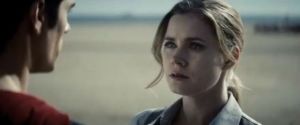 It’s a heavy load to carry, but Cavill rises to the challenge, projecting both the humility and charisma of Reeve (as well as some of his vocal inflections), as well as the ascending Superman’s inner turmoil and uncertainty. He holds his own while sharing the screen with a formidable supporting cast: Crowe overshadows Brando in the expanded role of Jor-El, projecting both heroism and paternal warmth, as does Costner as an even more conflicted father. Adams delivers Lois Lane’s trademark stubborn streak and impetuosity, and shares plenty of onscreen chemistry with Cavill.
It’s a heavy load to carry, but Cavill rises to the challenge, projecting both the humility and charisma of Reeve (as well as some of his vocal inflections), as well as the ascending Superman’s inner turmoil and uncertainty. He holds his own while sharing the screen with a formidable supporting cast: Crowe overshadows Brando in the expanded role of Jor-El, projecting both heroism and paternal warmth, as does Costner as an even more conflicted father. Adams delivers Lois Lane’s trademark stubborn streak and impetuosity, and shares plenty of onscreen chemistry with Cavill.
Still, no movie hero would be worth a damn without a good villain, and Shannon’s trademark ability to go from zero to psychotic in seconds flat is put to good use as the tyrannical, single-minded Zod, who in his own deranged way sees himself as the savior of his people. He delivers the cold, committed, ruthless zealotry of a true believer without chewing too much of the scenery.
Which is more than can be said for the director. The only pronounced flaw in the whole thing Snyder’s tendency for over-indulgence when it comes to action sequences, especially during the film’s climax. It reaches a Sucker Punch level of overkill, with never-ending shots of mass destruction and unstoppable foes pounding each other at super-speed that grow repetitive during the first major set-piece, and downright monotonous in the final showdown. His over-reliance on hand-held POV shots, quick zooms, and quicker cutting make for frustrating viewing, and often verge on incoherent. He one-ups The Avengers‘ Battle of New York by leveling half of Metropolis in an orgy of mass destruction bordering on crass and exploitive; even Godzilla would find it in poor taste. Worse yet, it represents a big, dumb, loud crescendo tacked on to what had been a subtle and carefully plotted story.
[youtube http://www.youtube.com/watch?v=OAVuKPFKrNo?feature=player_detailpage]

